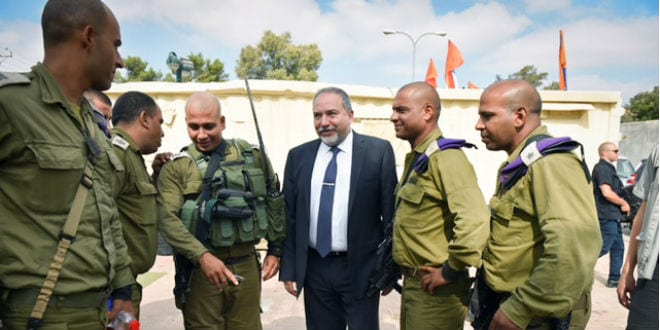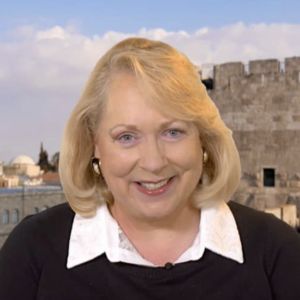The upcoming academic year will usher in the newest class of academic reservists slated to serve in the Israel Defense Forces in technological and academic capacities. As is the case with every class, this year, too, a handful of youngsters from the Bedouin community were accepted into the program. In recent years Bedouin women accepted into the program have studied law and medicine, and next year will study engineering as well. This is very welcome news to all those aspiring to see the successful assimilation of the Bedouin community in Israeli society.
This good news, however, was overshadowed in recent weeks by reports that Bedouin youth have become increasingly involved in terrorist activity and nationalistically motivated crimes (from 13 in 2013 to nearly 100 today). Perhaps surprisingly, while Arab Israeli youngsters appear to be less and less involved in such activities, for a portion of young Bedouin the trend is moving in the opposite direction.
The State of Israel is struggling to contend with the fundamental problems afflicting Bedouin society, mainly in the Negev: economic distress, confusion over land ownership rights, a failing education system and high unemployment. It comes as no surprise that many Bedouin feel the state has forgotten about them.
Many of the problems stem from objective conditions: a population growth rate of over 5%, among the highest in the world, alongside the exceedingly prevalent phenomenon of polygamy—some 40% of Bedouin children are raised in families where the father has more than one wife. Incidentally, for a long time Bedouin men customarily married women from Gaza (when this was still possible), meaning clan ties branched into Gaza.
When the state was established in 1948, less than 15,000 Bedouin resided in the Negev region. Within 20 years this number doubled to 30,000, and since it has doubled itself every 15 years. Today nearly 250,000 Bedouin live in the Negev (another 120,000 live in the country’s north and center). The Bedouin population in the Negev will apparently hit the half-million mark in 2030, or a little later. We cannot deny that the welfare policies of Israeli governments, particularly the large maternity stipends allotted to families with many children, encourage this phenomenon.
Under such circumstances, it’s easy to understand why the state is struggling to cope with the massive challenge of providing healthcare and educational services to such a rapidly growing population, why it is so difficult to allot land to Bedouin youth and why they are having a hard time integrating with the tapestry of Israel’s society and economy. Bedouin youth are no longer interested in serving in the IDF, and lacking the ability to buy a higher education they choose to study at universities in the Palestinian Authority. The scourge of radical Islam has also crept in among them.
Israeli governments have approved numerous plans to address the problem, but too little has been done on the ground. And although addressing this issue will require considerable resources, they pale in comparison to the resources that will be required if it is neglected. The fight for Bedouin hearts and minds is not lost, as evidenced by the hundreds of youngsters, women included, choosing to enlist to the army every year. This issue should certainly be at the forefront of the next government’s national agenda.
Reprinted with author’s permission from Jewish News Syndicate





